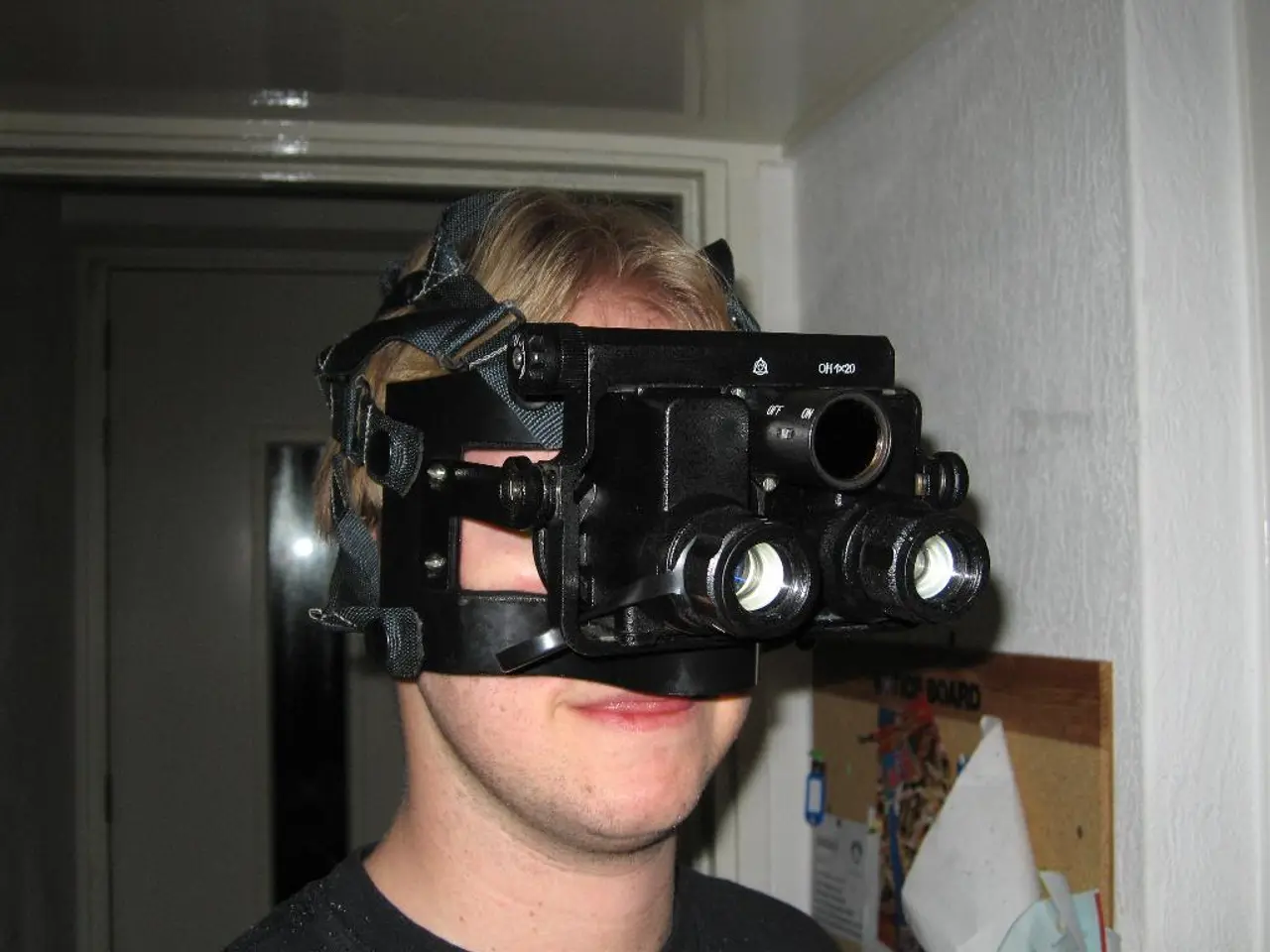Exploring Virtual Reality as a Novel Approach to Combat Cognitive Deterioration
Virtual Reality Therapy (VRT) has emerged as a promising approach for addressing cognitive decline, particularly among older adults with mild cognitive impairment (MCI). Key studies reveal consistent improvement in global cognitive function, with reported gains often reaching or exceeding clinically meaningful thresholds.
VRT utilizes Virtual Reality technology to create immersive, controllable, and tailored environments for therapeutic experiences. Common types of VR interventions include memory enhancement games, virtual reality simulations for attention and focus, and scenarios designed for problem-solving and decision-making skills.
A systematic review of nine VR-based multisensory intervention studies with MCI patients found that 7 out of 9 showed significant improvements in the Montreal Cognitive Assessment (MoCA) scores, indicating meaningful global cognitive enhancement [1]. Executive function results were mixed across studies. A 2020 meta-analysis identified small-to-moderate improvements in attention and working memory from VR cognitive training compared to passive controls in older adults with MCI or early dementia [2].
A six-week VR cognitive training program (VRainSUD-VR) for individuals with substance use disorders showed significant improvement in executive functioning and multiple aspects of global memory compared to treatment-as-usual controls [3]. VR therapy's efficacy is supported for cognitive rehabilitation when combined with physiotherapy or motor rehabilitation, showing similar effectiveness to conventional therapies for motor and cognitive recovery [4].
However, there are limitations and gaps in the current understanding of VRT. For instance, there are no eligible VR studies with Alzheimer's Disease (AD) patients meeting inclusion criteria in the reviewed literature, indicating limited direct evidence for VR in more advanced or severe dementia stages [1]. Outcomes on executive functioning and psychological symptoms show variability; larger randomized controlled trials (RCTs) with standardized protocols are needed to confirm efficacy and clinical utility [1][5].
Recent research emphasizes the importance of designing VR interventions that account for perceptual and cognitive limitations in populations with neurocognitive disorders and mental health challenges, promoting sustained real-life functional benefits by minimizing cognitive load and structuring learning sequences [5].
In summary, Virtual Reality Therapy is an effective and engaging cognitive rehabilitation tool for mild cognitive decline, improving global cognition and selected domains such as memory and executive function, supported by multiple recent RCTs and meta-analyses. Future studies should aim to standardize intervention approaches, expand research to AD populations, and explore long-term effects [1][3][5].
Read also:
- Abu Dhabi initiative for comprehensive genetic screening, aiming to diagnose over 800 conditions and enhance the health of future generations in the UAE.
- Elderly shingles: Recognizing symptoms, potential problems, and available treatments
- Protecting Your Auditory Health: 6 Strategies to Minimize Noise Damage
- Exploring the Reasons, Purposes, and Enigmas of Hiccups: Delving into Their Origins, Roles, and Unsolved Aspects







